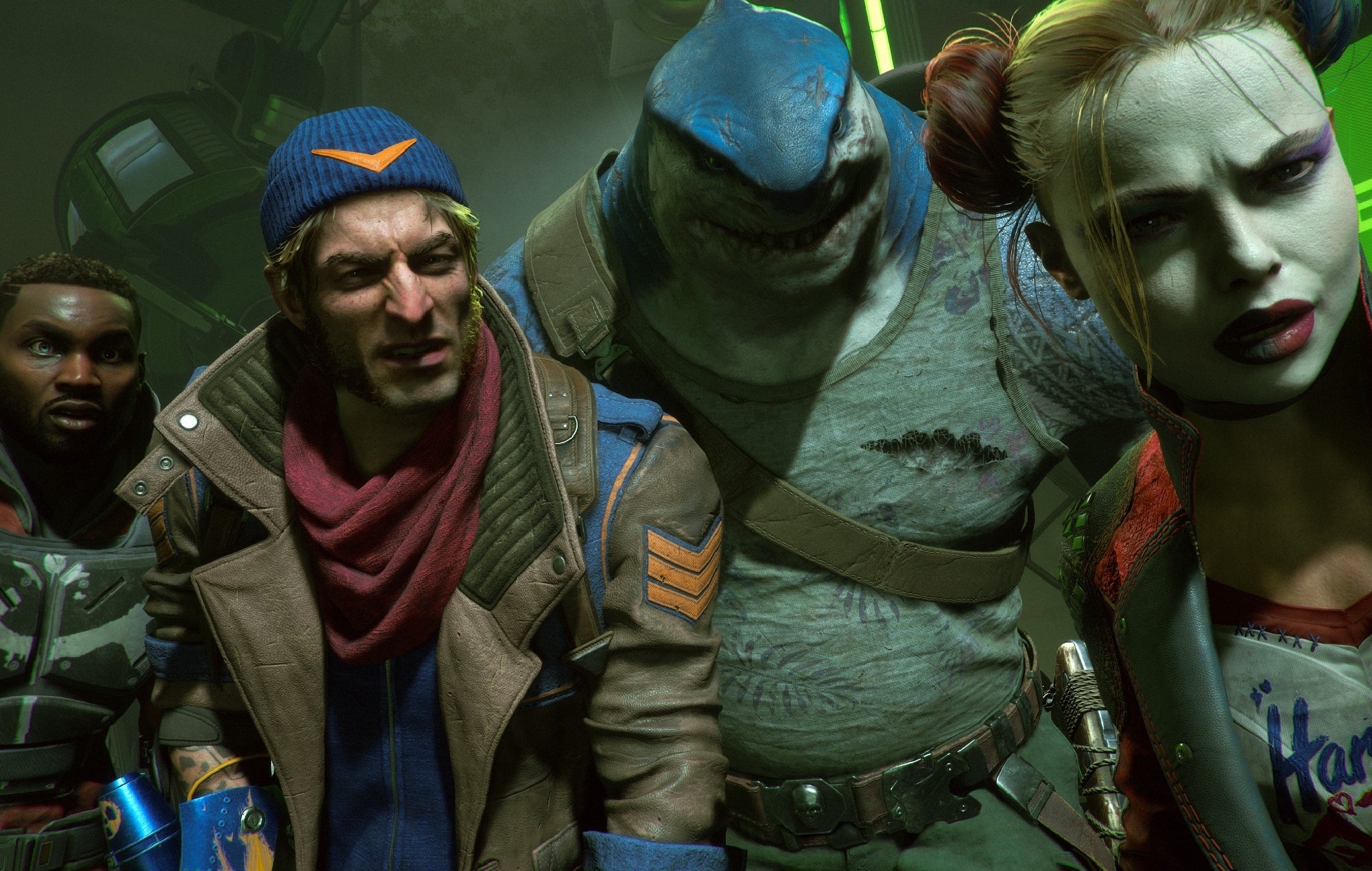
When Dragon’s Dogma was first released in the summer of 2012 to relatively little fanfare, one of its biggest draws was that it came bundled with a free demo for the highly anticipated Resident Evil 6.
Nine years after the release of both of these games, it’s safe to say that the legacy of Resident Evil 6 is one that fans of the signature zombie-slaying series would rather forget. Dragon’s Dogma, however, has fared much more favourably — carving out a place in video game history as an overlooked gem. Given its fair success in addition to several successful re-releases since, the question remains: when will we get more Dragon’s Dogma? It’s exactly the type of game that deserves a second chance to meet its full potential.
For the curious player, Dragon’s Dogma wastes no time in showing off its more ambitious qualities. In an impressive opening sequence, Dragon’s Dogma leads the player through a tense story prologue, quickly acquainting them with the game’s lively and dynamic combat mechanics. Within minutes, you’ll be thrown into the action, and as the game ramps up, you can expect suitably grandiose encounters against trolls, griffins, ogres, goblins and of course, dragons. Over the course of the game, Dragon’s Dogma demonstrates a commitment to variety in encounter design, underpinned by a suitably strong combat system.
It’s this engaging combat system that people often remember the most fondly when it comes to Dragon’s Dogma. It’s not quite Monster Hunter in terms of required precision or technical depth, but it is pretty close to that series in terms of feeling, with splashes of Shadow of The Colossus and Devil May Cry thrown in for good measure. With a wide variety of ways to engage the enemy in a reactive and often challenging system, Dragon’s Dogma’s focal point remains a shining example of how to seamlessly blend an action system with traditional RPG mechanics.
Tied to this combat are several features that helped cement Dragon’s Dogma‘s status as a creative and unique take on the action RPG. The perfect example of this is the pawn system, which allows players to create their allies using a character creator and send them off to other players worlds to gain experience, in addition to borrowing other player-created ‘pawns’ from all over the world. The pawn system is one that doesn’t necessarily add a lot to the core gameplay, but does add some strange textural detail to the average play session. If you don’t want the game to be excessively hard, you’ll need a full party, so you’ll have to consider if you want to create or hire your own set of homunculus. Pawns will tell the player that they’ve returned from other worlds, having learned new skills or gained experience from an off-screen adventure. With their own sets of unique voice lines, pawns will also deliver their hot takes on what you should be doing in any given combat encounter, with maddening frequency. It’s a cute quirk, but you can only hear the phrase “Goblins hate fire,” so many times before it starts to wear thin.

But for all of Dragon’s Dogma’s virtues and (occasionally grating) charms, it also suffers from several problems that hold it back from absolute greatness. If there’s any reason to bring Dragon’s Dogma back into the modern age with a sequel or a remake, it’s to refine some of its more generic and less impressive elements into something truly remarkable. In the same way that NieR Replicant’s recent remaster did a good job of enhancing its combat system to bring it closer to the high standard of its excellent story, a return to the world of Dragon’s Dogma could create a game where all of the elements are brought together more cohesively.
In 2019, Dragon’s Dogma director Hideaki Itsuno returned to the Devil May Cry franchise to deliver the critically acclaimed Devil May Cry 5, refocusing and refining ‘character action’ for modern hardware. It was amazing. In 2020, Dragon’s Dogma received an animated adaptation on Netflix. It was aggressively mediocre. A Dragon’s Dogma sequel was promised as far back as the release of the first game, but all there’s been since is the animated and ports to recent consoles, both projects that only serve to draw attention to the original and remind us of the massive potential beyond the original game.
The weaker elements of the first game point clearly in the direction of what is needed for another Itsuno directed Dragon’s Dogma title. The narrative isn’t necessarily terrible, but it certainly isn’t its strong point; a mostly generic fantasy story about revenge and the looming threat of a dragon. There are some well-executed moments, but perhaps not enough original ideas. As its most iconic moments stem from the interaction between the player and the dragon, Dragon’s Dogma is the type of game that would benefit immensely from refinements to its narrative structure, especially if it took influence from some of its contemporaries and crafted a more character-focused tale. Given the cyclical nature of the narrative, a return to this world offers the perfect canvas to course-correct in this area by building on the same central premises and further depict mythic cycles of revenge and destruction between human and wyrm.

Beyond the narrative, Dragon’s Dogma also desperately needed a general layer of polish in elements like its open world and dungeon design. Although many of the monsters themselves (including the titular dragon) are memorable, many of the environments and dungeons are plagued by uninspired scenery and asset reuse. If you can remain gripped by Dragon’s Dogma for the hundreds of hours you can potentially put into it, you will come away with an acute awareness of the game’s various seams: reskinned monsters, endlessly repeated audio cues and the vast potential for more content in its mostly empty world.
If a sequel ever comes to fruition, we can only hope that it’s primed to learn from both Dragon’s Dogma’s triumphs and missteps. It’s clearly still on Capcom’s radar, and recent rumours indicate there’s a chance it’s already in active development. Until the fateful day that we can return to the land of Gransys, the original game still offers a lot for those who haven’t experienced it before, providing one of the most excellent combat systems in an action RPG and a boss fight with a dragon that delivers on the promise that such an idea presents.
Dragon’s Dogma never got the level of attention given to other franchises in Capcom’s beloved library in the years following its release. The dedicated fans of the game have been left wanting, looking greedily at Capcom for nearly a decade. Like the eponymous dragon that ominously goads the player to action throughout the game, we can only hope they heed the call to adventure to satiate our want for more.
Dragon’s Dogma is available to play on PC, PS4, Xbox One and Nintendo Switch.
The post Why ‘Dragon’s Dogma’ deserves more from Capcom appeared first on NME.







